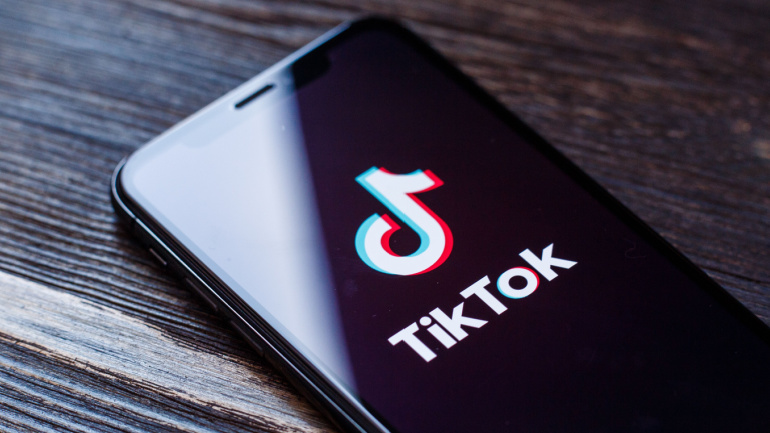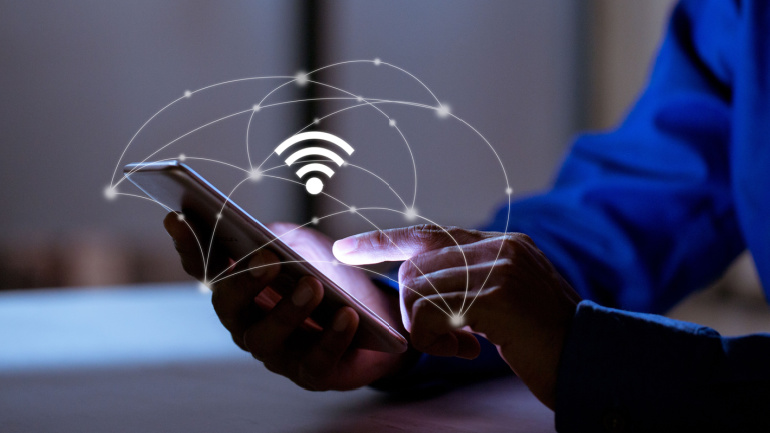Open RAN Revenue Growth Slows Global Open RAN revenues saw a 10-20 percent growth in Q1 2023, while the vRAN market expanded by 20-30 percent, according to Dell’Oro’s report. However, this growth is slower than the previous year, mainly due to a decline in North America. The Asia Pacific region performed well and offset the North American decline. Despite the slowdown, Dell’Oro remains optimistic about Open RAN, expecting it to account for 6-10 percent of the global RAN market in 2023. On the other hand, Dell’Oro has lowered its full-year outlook for multi-access edge computing (MEC) by over 20 percent, citing a slowdown in China’s 5G market and subdued enterprise interest. Read the full article. Cisco Partners with the Greater Manchester Digital Security Hub Cisco has partnered with the Greater Manchester Digital Security Hub (DiSH) to enhance cybersecurity in the region. Cisco’s Country Digital Acceleration (CDA) program will focus on…
Montana’s decision to ban TikTok raises significant free speech debates, with TikTok retaliating through a lawsuit. While the state’s unilateral action is unusual, the broader issue of communication rights and first amendment implications abroad remains highly significant.
The US launches Disruptive Technology Strike Force to counter foreign adversaries acquiring sensitive technology, with recent prosecutions targeting Chinese entities. The move signifies increased efforts in containing China’s influence, potentially impacting global tech firms’ strategic decisions.
As home wifi performance lags behind ethernet, the UK is significantly impacted, with the need to adopt newer wifi technology standards emphasized. Despite advancements, older wifi generations still dominate globally and high prices hinder wifi 7 router adoption. ISPs must focus on improving the customer experience through increased wifi 6/6E routers and mesh networking products.
China Unicom Chongqing and Huawei’s revolutionary Alps-WDM+OSU trial commercial use promises enhanced network capabilities and user experience. The technology offers increased bandwidth, reduced latency, optimized operations, and green development, paving the way for future all-optical transport networks.
We’ve come a long way since mankind first used smoke signals to communicate, and even farther since cavemen drew pictures on walls. Today, we’re living in a world where we can communicate with anyone, anywhere in the world. Telecommunications has changed dramatically throughout the years. Let’s look at how it grew from its humble origins to what it is now. Rock carvings Petroglyphs are more commonly found than pictographs, and these images were created by carving, engraving or scratching the rock’s surface. Often, these images were important forms of pre-symbol writing and were used in the earliest forms of communication and signage. The oldest art in this particular category is the Bhimbetka Petroglyphs Cupules, in the Auditorium cave situated at Bhimbetka in India, that date back to the Acheulean period, which began between 1.7 million and 1.5 million years ago. Cave paintings Some of the earliest forms of communication are…
A historic milestone for the Canadian telecommunications sector was realized as Rogers Communications Inc. announced it had successfully concluded its merger with Shaw Communications Inc. The merger unites two famous Canadian companies that have been connecting Canadians for over five decades. The merger creates a coast-to-coast nationwide company which has fiber-powered internet that is accessible to nearly 70% of Canadian households. The newly combined company plans to bundle more products and services, including internet, television, phone, smart home monitoring, wireless services, credit card offers and sports and media content. In the next five years, the company intends to spend billions of dollars to offer fast, reliable networks in additional towns across Western Canada. Rogers will invest $1 billion in the four Western provinces to link rural, remote and Indigenous communities, as well as unserved distant routes. The business also intends to invest $2.5 billion to expand and strengthen…
During Super Bowl LVII in Glendale, Arizona, Verizon customers broke the company’s data use record. On game day, 60% of the 67,827 spectators used Verizon’s cellular network, consuming 47.8TB of data in and around State Farm Stadium. This statistic reflects a 36% increase in data use over Super Bowl LVI in 2022. The highest data use surges happened during the halftime performance and during kickoff. The network’s peak download rates reached 4,200Mbps, while the median download speeds were 2,300Mbps. A team of 100 Verizon engineers operated the Network Command Center 24 hours a day, seven days a week to provide a dependable network experience for spectators, first responders and public safety teams. In preparation for the game, Verizon committed more than $100 million in network improvements and enhancements in and around State Farm Stadium and the surrounding Phoenix region. The company installed 5G Ultra-Wideband in various zones within…
Deutsche Telekom named the most valuable brand in Europe The Brand Finance Global 500 has rated Deutsche Telekom (DT) the most valuable brand in Europe, bringing it up six places to 11th overall. The company ranks second amongst worldwide telecoms, trailing only Verizon and ahead of AT&T. Only Samsung, the Industrial and Commercial Bank of China and TikTok break the US company’s dominance of the top 10 most valuable brands in the world. Read more at: https://tinyurl.com/57u59bbw e& increases stake in Vodafone to 12% In recent years, Vodafone has suffered financial setbacks and investors have pushed the corporation to make adjustments and restore its fortunes. e& (previously Etisalat), one of Vodafone’s investors, has purchased a nearly 10% share in the company for £3.3 billion and has since steadily raised its stake to 12%. The transaction will provide e& with considerable exposure to a global leader in connectivity and digital services,…
The Federal Aviation Administration (FAA) has put forward a notice of proposed rulemaking (NPRM) that gives airlines an additional year, until February 1, 2024, to address faulty altimeters in their aircraft. These altimeters, which measure an airplane’s height above the earth’s surface, are present on 7,993 planes registered in the United States. The FAA believes that 180 of these altimeters will need to be completely replaced, while 820 will need filters added to comply with the proposed modification requirement. This upgrade is expected to cost a total of $26 million. The ruling is part of a settlement reached between the aviation and cellular sectors after AT&T and Verizon paid $69 billion for C-Band spectrum licenses. Airplane altimeters typically operate in the 4.2 – 4.4 GHz frequency, but certain altimeters cannot filter out 5G signals from the carriers’ spectrum in the 3.7-3.98 GHz range. The FAA is therefore…













